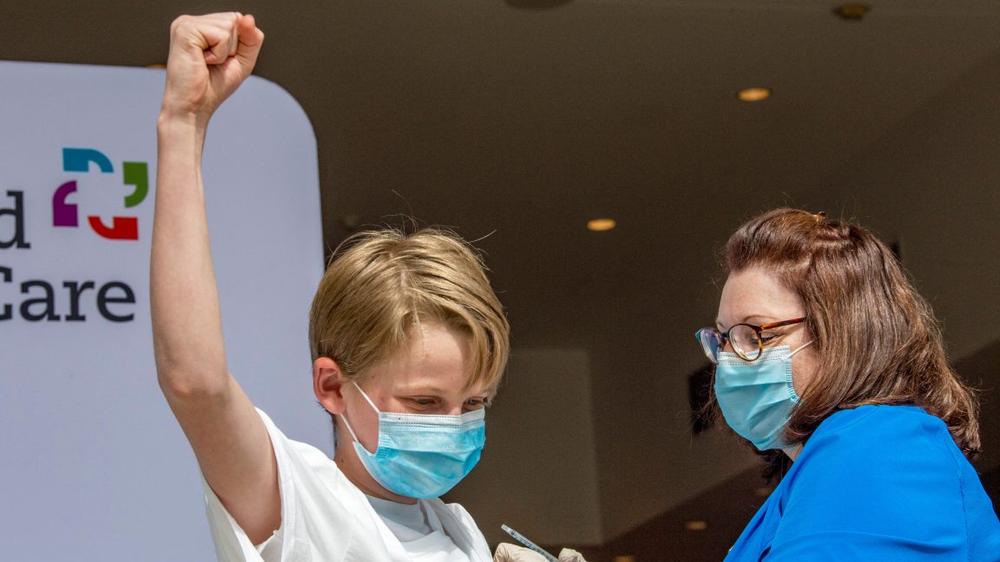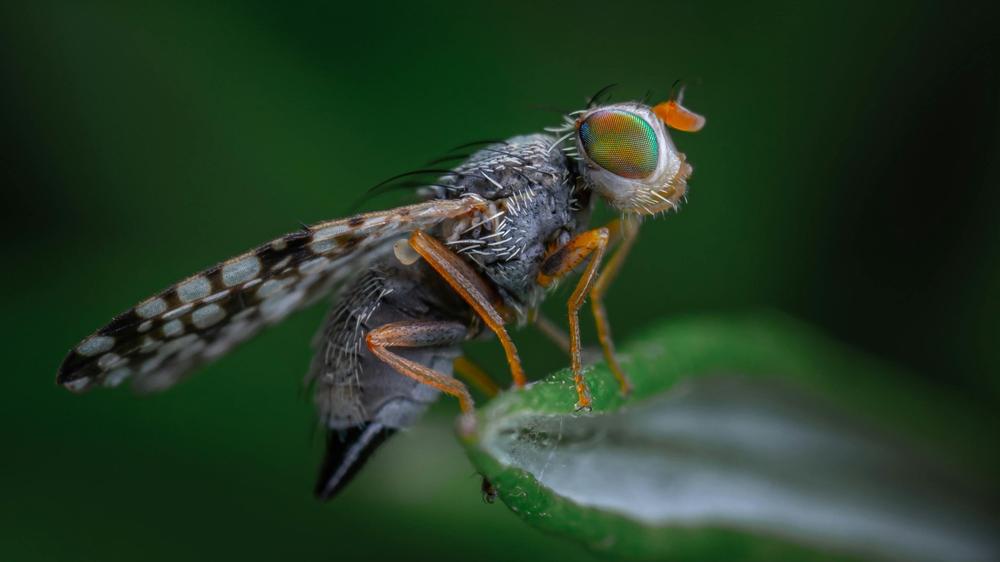In a clear rebuke to US health secretary and zealous anti-vaccine advocate Robert F. Kennedy Jr., the American Academy of Pediatrics on Tuesday released its own evidence-based vaccination schedule for children—a task typically left to the Centers for Disease Control and Prevention and its trusted advisory committee.
The AAP has been among the most assertive medical groups to push back on the anti-vaccine tactics and actions Kennedy has undertaken as the country's top health official. Those include spreading misinformation about lifesaving vaccines; firing all 17 esteemed CDC vaccine advisors under the false pretense that they had disqualifying conflicts of interest; replacing those advisors with unqualified committee members who share Kennedy's anti-vaccine views; and unilaterally restricting access to COVID-19 vaccines without any evidence-based explanation.
Prior to the release of the vaccine schedule, the AAP boycotted the first meeting of Kennedy's hand-selected CDC vaccine advisors in June, saying the committee's work is "no longer a credible process." In July, the organization filed a lawsuit—alongside other medical groups— against the US health department over Kennedy's changes to the federal COVID-19 vaccine recommendations.
"The American Academy of Pediatrics isn't standing by. We’re stepping up," AAP President Susan Kressly said in July. "We’re taking legal action because we believe children deserve better."
At the end of July, the health department seemingly retaliated by barring at least eight medical association liaison organizations—including the AAP, the American Medical Association, Infectious Diseases Society of America, and the American College of Physicians—from reviewing scientific evidence and informing federal vaccine recommendations, something the organizations had been doing for decades. But, under Kennedy, the health department accused the clinicians of being "biased."
COVID-19 vaccine guidance
The AAP's vaccine schedule diverges from the CDC schedule under Kennedy on the recommendations for COVID-19 vaccines. After Kennedy's unilateral change, the CDC no longer recommends routine COVID-19 vaccination for healthy children, but allows for the shots after a conversation with a child's doctor. In contrast, the AAP—the largest pediatrics association in the country—recommends the shots for all children ages 6 months to 23 months, as well as high-risk children aged 2 to 18. Children not in these age or risk groups should also have access to the shots if desired, the AAP guidance says.
"It's clear that we're in a different place in the pandemic than we were four or five years ago in terms of risks to healthy older kids," Sean O'Leary, chair of the AAP Committee on Infectious Diseases (COID) said in a statement. However, "the risk of hospitalization for young children and those with high-risk conditions remains pretty high."
According to CDC data, the rate of COVID-19 hospitalization in children under 2 is the highest among any pediatric group. Further, the rate of hospitalization among children 6 months to 23 months is comparable to that of adults ages 50 to 64. Critically, more than half of children aged 6 months to 23 months who are hospitalized for COVID-19 have no underlying medical condition that puts them at high risk for severe infection.
For children 2 to 18, the AAP recommends COVID-19 shots for children who have a medical condition that puts them at high risk, are residents of care facilities, have never been vaccinated, or have household contacts who are high risk of severe COVID-19. All other children and teens should also have access to updated seasonal shots if they desire them, the AAP says.
“The AAP will continue to provide recommendations for immunizations that are rooted in science and are in the best interest of the health of infants, children, and adolescents," Kressly said. "Pediatricians know how important routine childhood immunizations are in keeping children, families, and their communities healthy and thriving."
Coverage questions
With school starting, COVID-19 cases ticking up around the country, and cold-weather respiratory virus season looming, the question now is how the conflicting recommendations will be interpreted by insurance companies. Insurers are required to cover vaccines recommended by the CDC. But there is no such obligation for recommendations from medical groups.
AAP has been holding meetings with insurers to press for continued coverage of evidence-based vaccine recommendations.
O'Leary told The Washington Post that insurers are "signaling that they are committed to covering our recommendations.” The Post also noted that AHIP, the major insurance lobby, released a statement in June saying its members are committed to "ongoing coverage of vaccines to ensure access and affordability for this respiratory virus season."

 Scientists discover how to gene edit animals & fast forward evolution by millions of years
Scientists discover how to gene edit animals & fast forward evolution by millions of years